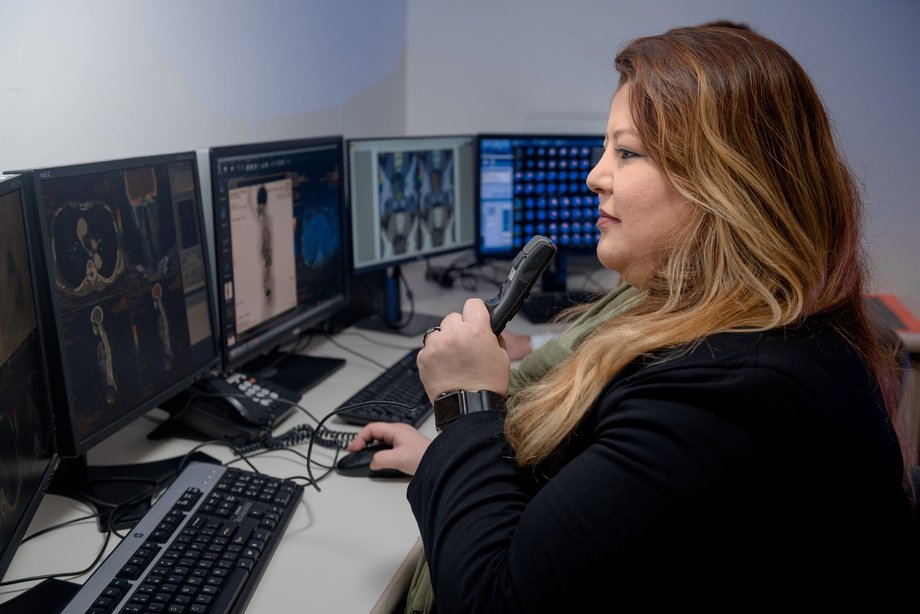InsCer is authorized to take a test that detects prostate cancer
The institution is the only one in the country to offer exams previously restricted to a research protocol
The Brain Institute of Rio Grande do Sul (InsCer) has just received authorization from Anvisa to offer the PET-CT 18F-PSMA-1007 exam widely to patients, which was previously restricted to a research protocol. This means that everyone with suspected prostate cancer will be able to get tested for the disease. Those who already have the disease will be able to see the extent of it.
With this, InsCer becomes the first institution in the country to have the seal of Anvisa to produce and sell the PSMA radiopharmaceutical and offer such an examination to patients, who have a new, modern and safe imaging modality that allows an adequate assessment of prostate cancer, from before surgery to cases in which the PSA starts to rise - allowing the early assessment of prostate cancer recurrence and new treatments more appropriate to each case.
“It is very gratifying to see that the result of the work carried out by our team for months will be able to help in the management of so many people who suffer from prostate cancer, thus contributing to the improvement of their quality of life. It is certainly a great advance for Nuclear Medicine in Brazil ”, says Louise Hartmann, coordinator of the Radiopharmaceutical Production Center at InsCer.
Prostate cancer
In Brazil, prostate cancer is the second most common among men, behind only non-melanoma skin cancer. In addition, between 20 and 40% of patients undergoing radical prostatectomy (the main surgery that removes the entire prostate and some tissues from the surroundings) develop it again (biochemical recurrence) within ten years after treatment. Therefore, in the case of a disease that has so many impacts on society, it is extremely important that technologies are developed for its best diagnosis and treatment.
When prostate cancer is detected early, and when the disease is located exclusively in the prostate gland, the five-year survival rate is almost 100%. However, once the cancer spreads beyond the prostate, survival rates decrease dramatically. Therefore, the purpose of staging (the measurement of cancer) is to define the extent of the tumor and the distinction of patients who have the disease confined to the organ, or already spread.
“This test is mainly indicated for those who have recurrence, continues with an increase in PSA and cannot detect where the disease is. Through this examination, we were able to have a better view of the location of prostate cancer and whether it metastasized or not ”, explains Cristina Matushita , coordinator of Nuclear Medicine of InsCer.
The imaging techniques available so far have limitations for the diagnosis and staging of prostate cancer, and PET-CT 18F-PSMA-1007 comes to fill this gap, bringing greater precision on the status of the disease. Thus, the definition of the ideal treatment can be adapted, and consequently improves the patient's response.
Photo: Bruno Todeschini


